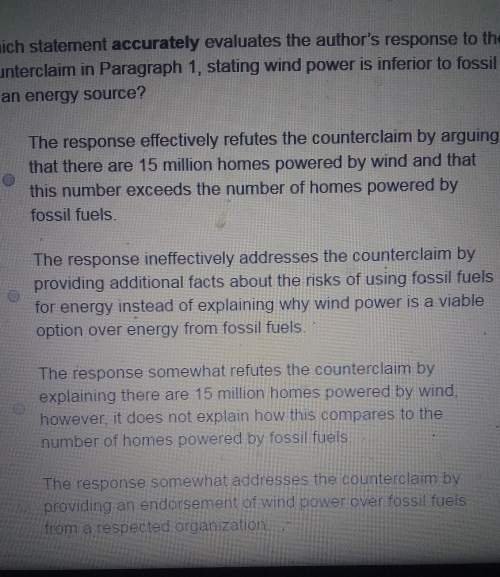From Walden by Henry David Thoreau
"Where I Lived, and What I Lived For"
1...

From Walden by Henry David Thoreau
"Where I Lived, and What I Lived For"
1 At a certain season of our life we are accustomed to consider every spot as the possible site of a house. I have thus surveyed the country on every side within a dozen miles of where I live. In imagination I have bought all the farms in succession, for all were to be bought, and I knew their price. I walked over each farmer’s premises, tasted his wild apples, discoursed on husbandry with him, took his farm at his price, at any price, mortgaging it to him in my mind; even put a higher price on it,--took every thing but a deed of it,--took his worked for his deed, for I dearly love to talk,--cultivated it, and him too to some extent, I trust, and withdrew when I had enjoyed it long enough, leaving him to carry it on.
2 This experience entitled me to be regarded as a sort of real estate broker by my friends. Wherever I sat, there I might live, and the landscape radiated from me accordingly. What is a house but a sedes, a seat?—better if a country seat. I discovered many a site for a house not likely to be soon improved, which some might have thought too far from the village, but to my eyes the village was too far from it. Well, there I might live, I said; and there I did live, for an hour, a summer and a winter life; saw how I could let the years run off, buffet the winter through, and see the spring come in.
3 The future inhabitants of this region, wherever they may place their houses, may be sure that they have been anticipated. An afternoon sufficed to lay out the land into orchard woodlot, and pasture, and to decide what fine oaks or pines should be left to stand before the door, and whence each blasted tree could be seen to the best advantage; and then I let it lie, fallow perchance, for a man is rich in proportion to the number of things which he can afford to let alone.
4 My imagination carried me so far that I even had the refusal of several farms,--the refusal was all I wanted,--but I never got my gingers burned by actual possession. The nearest that I came to actual possession was when I bought the Hollowell place, and had begun to sort my seeds, and collected materials with which to make a wheelbarrow to carry it on or off with; but before the owner gave me a deed of it, his wife—every man has such a wife—changed her mind and wished to keep it, and he offered me ten dollars to release him.
5 Now, to speak the truth, I had but ten cents in the world, and it surpassed my arithmetic to tell, if I was than man who had ten cents, or who had a farm, or ten dollars, or all together. However, I let him keep the ten dollars and the farm too, for I had carried it far enough; or rather, to be generous, I sold him the farm for just what I gave for it, an, as he was not a rich man, made him a present of ten dollars, and still had my ten cents, and seeds, and materials for a wheelbarrow left. I found thus that I had been a rich man without any damage to my poverty.
The speaker's attitude in this passage makes it clear that
A) he thinks that farming is a fool's job and calling.
B) his greatest desire in life is to stop the ownership of private property
C) he values freedom more than being tied down by owning a farm.
D) he is only interested in farms as long as they make lots of money.

Answers: 1


Other questions on the subject: English

English, 21.06.2019 21:40, Arealbot
What is the main source of conflict in this passage? lee grew up near the old-growth forest. she loved wandering the trails and looking at the natural beauty around her. but the city council recently approved plans to cut down the forest in order to build a shopping center and apartment buildings. the council believed the development would create new jobs and provide more affordable housing. lee was upset when she heard about the plans to destroy her beloved forest, and she vowed to do something to save it.
Answers: 3

English, 21.06.2019 23:30, haloom9698
In at least 150 words, discuss the comparison described in the figurative language and how the connotative language reinforces the symbol. be sure to include a definition if your terms
Answers: 3

You know the right answer?
Questions in other subjects:


English, 14.01.2021 17:50

Chemistry, 14.01.2021 17:50


Mathematics, 14.01.2021 17:50

Mathematics, 14.01.2021 17:50




Mathematics, 14.01.2021 17:50




